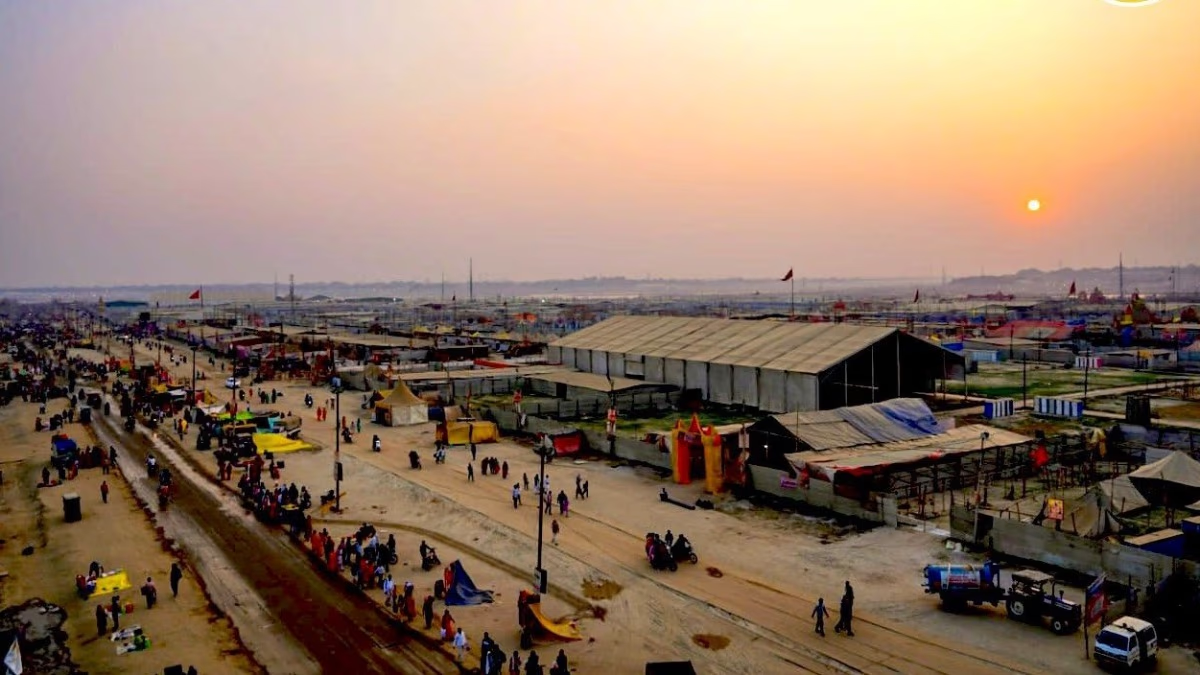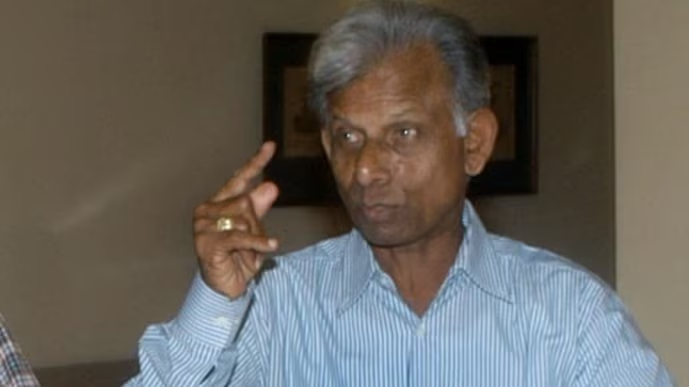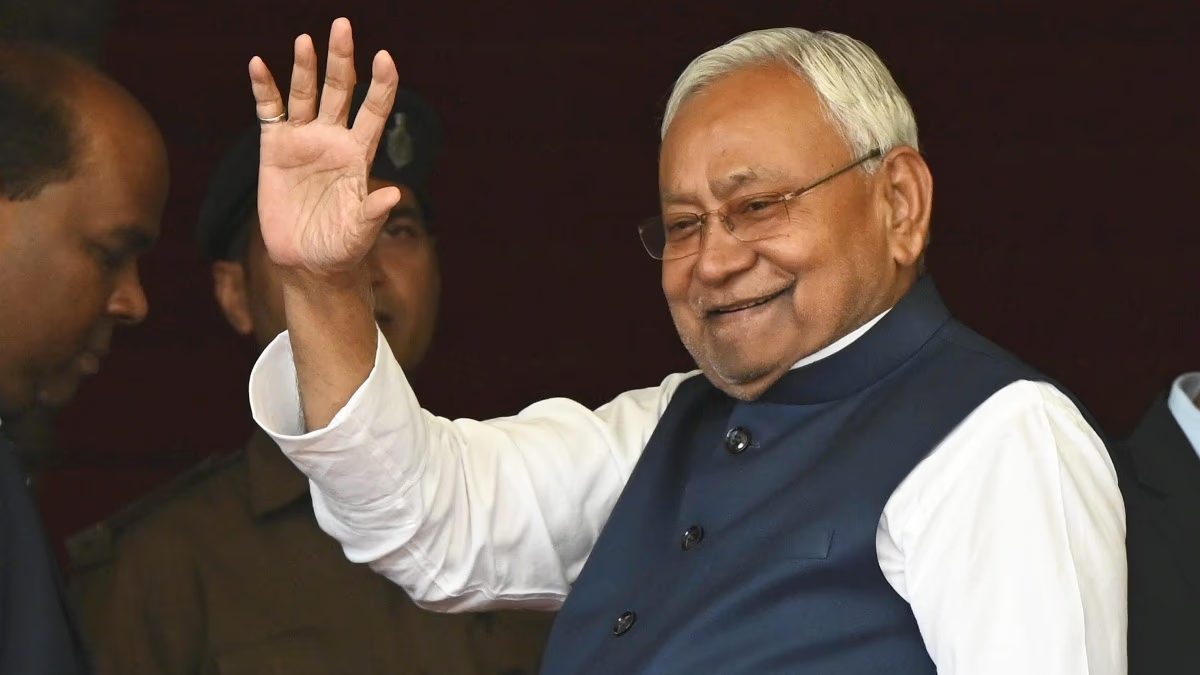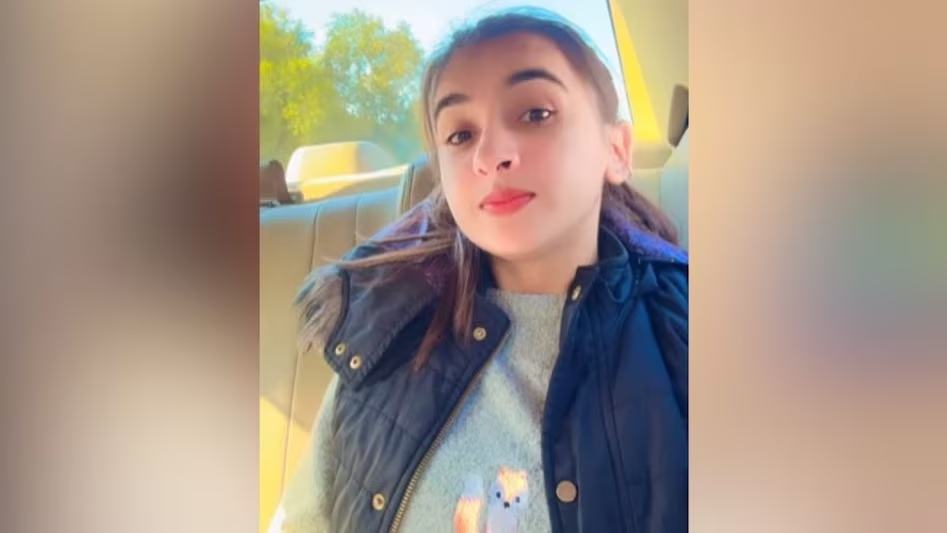In the corridors of the nation's courts, two significant stories have emerged in the past week. Shehla Rashid and Hardik Patel, once vocal critics of Narendra Modi's central government, have had sedition charges against them dropped.
Shehla Rashid, a former student leader at JNU, was known for her sharp critique of policies and actions during Modi's rise. However, her stance has softened over recent years, particularly regarding decisions related to Jammu & Kashmir.
Hardik Patel, who led the violent Patidar agitation in Gujarat in 2015, has seen a drastic shift in his political journey. The same BJP government he once opposed is now his own, as Hardik currently serves as a BJP MLA from Viramgam in Gujarat.
Let's delve into what led to the sedition charges against Shehla and Hardik, why they were filed, and how they were eventually withdrawn.
Shehla Rashid rose to prominence in Indian politics when she became active in student politics at Jawaharlal Nehru University (JNU). In 2015-16, she was elected vice president of JNUSU, affiliated with the left-leaning student organization AISA.
On February 9, 2016, an incident at JNU involved alleged 'anti-national slogans.' Student leaders like Kanhaiya Kumar and Umar Khalid were arrested in connection. Shehla not only protested for their release but also led the movement, garnering national attention.
Her thoughts on communalism, the rise of right-wing politics, student politics, and sharp criticism of the BJP became popular among the youth. She started appearing on television debates.
It is noteworthy that the sedition cases withdrawn against Shehla are unrelated to any JNU incident.
Shehla also criticized central policies regarding Jammu & Kashmir. On August 5, 2019, when the Modi government abrogated Article 370, she accused the Indian Army of committing atrocities against Kashmiris through tweets on X (then Twitter).
On August 18, 2019, she made several controversial and objectionable tweets against the army, alleging misuse of power during night raids and mistreatment of residents.
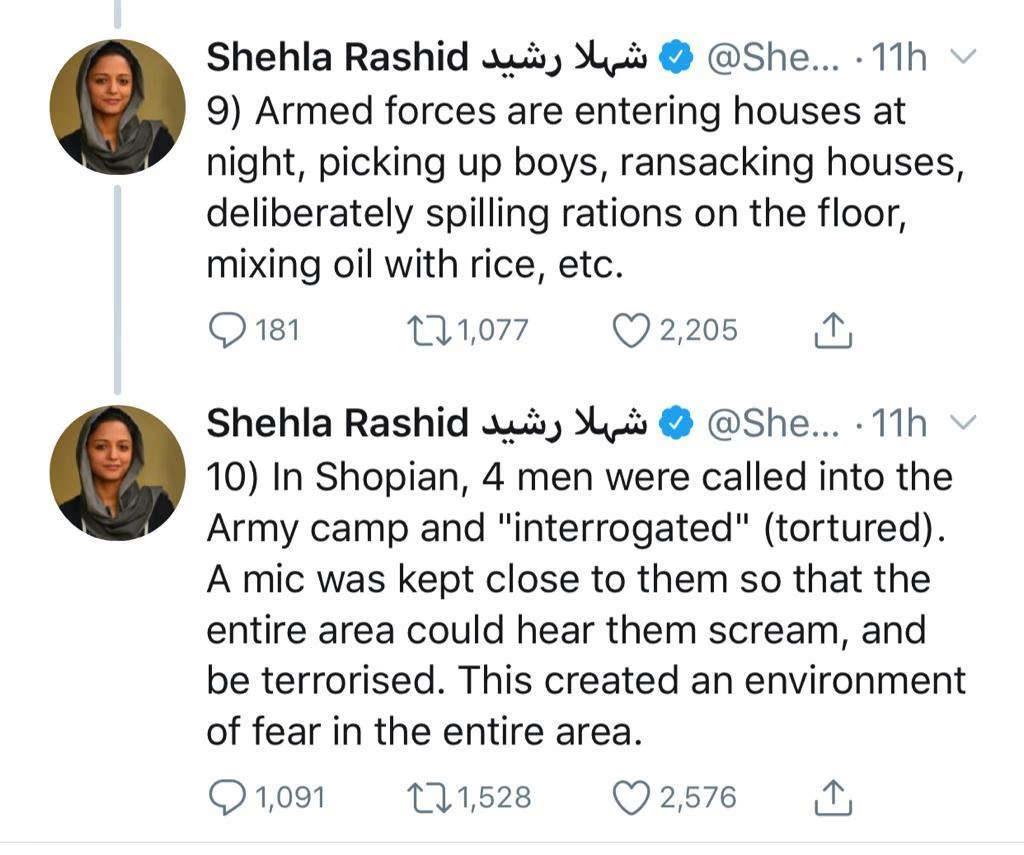
Source: aajtak
In one tweet, she claimed, 'Armed forces are entering homes at night, picking up boys, ransacking places, deliberately spilling rations on floors, and mixing oil with rice.'
Another tweet accused the army in Shopian of summoning four individuals to a camp for 'interrogation' (torture) using forced loudspeaker confessions to terrorize the area. As a result, complaints were filed under various sections of the IPC.
These included 124A (sedition) and other related charges, now replaced by the Bharatiya Nyay Sanhita (BNS) since July 2024 under Section 196. Subsequently, a lawyer named Alakh Alok Srivastava filed a complaint against Shehla, leading to additional charges.
By August 2023, Delhi's Lieutenant Governor VK Saxena approved the case to proceed. His office stated, 'Approval is given to proceed against Shehla Rashid, ex-JNUSU vice president, for promoting enmity through her tweets.'
It was in 2023 that Shehla's views shifted. On August 15, 2023, she acknowledged improvements in human rights records in Kashmir via social media, crediting the efforts of the central government and J&K administration.

Source: aajtak
She expressed appreciation for the efforts of Prime Minister Modi and Home Minister Amit Shah in a November 2023 interview, highlighting peace and positive changes in Kashmir.
Delhi's Patiala House Court granted permission to withdraw the sedition case against Shehla.
On February 27, Chief Metropolitan Magistrate Anuj Kumar Singh ordered to withdraw the charges following LG Saxena's approved recommendation by a screening committee.
In Gujarat, a similar tale of change unfolded with Hardik Patel's sedition case. Ahmedabad's session court accepted the Gujarat government's appeal to withdraw the case against the BJP legislator.
Hardik, alongside four others, faced charges from the 2015 Patidar movement.
Additional Session Judge MP Purohit accepted a withdrawal application from the special public prosecutor, releasing all five accused under CrPC Section 321 (A).
Last month, the Gujarat government decided to withdraw nine cases from the 2015 Patidar reservation movement, including two sedition cases.
On August 25, 2015, a massive rally titled 'Mahakranti Rally' was held in Ahmedabad, gathering millions. The charge was led by a mere 22-year-old: Hardik Patel.
Born into a middle-class Patel family, Hardik initiated a movement to include the Patidar community in the Other Backward Class (OBC) for reservation in jobs and education, disrupting Gujarat's social and political landscape.
His fiery speeches and slogans, including 'Jai Sardar, Jai Patidar,' resonated with the youth. Afterward, violence erupted, causing property damage and loss of lives, leading to sedition and incitement charges against Hardik.
The city crime branch arrested Hardik and associates, charging them under IPC Sections 124A and 120B (criminal conspiracy). Surat police further charged him for inciting violence.
This movement unsettled then-Chief Minister Anandiben Patel, who resigned in 2016.
In 2017, before the Gujarat assembly elections, a supposed sex CD surfaced, affecting the Patidar movement and Hardik's image. He claimed it as 'fake' and a 'BJP conspiracy.'
Hardik drew close to Congress, joining in 2019. Despite becoming Gujarat Congress's working president in 2020, internal conflicts and leadership disputes led to his departure in May 2022.
He joined BJP on June 2, 2022, praising its decisive leadership, and was influenced by decisions like Article 370 abrogation and Ram Temple.
During assembly elections, BJP fielded him from Viramgam, where he won against Congress candidate Lakha Bharwad by over 50,000 votes.

